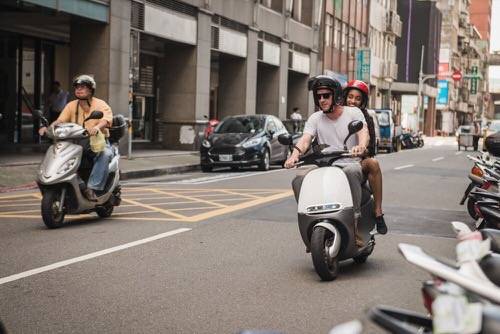Reducing congestion and C02 emissions is a fundamental part of any smart city project, and one of the best ways to do that is introduce electric bikes and scooters to commuters. That’s according to Navigant Research, an analyst firm that says smart cities need to do their part promoting “e-bikes” and “e-scooters” as viable transport options for commuters into the city.
Ryan Citron, an analyst at Navigant Research, claims that electric vehicles are not enough to stop congestion in the city. He argues that carpooling with EVs, alongside e-scooters and e-bikes are the best ways to reduce congestion in the city.
Rapid e-scooter adoption in smart cities
Some cities have already implemented programs that use e-bikes and e-scooters. In Taipei, Gogoro sells e-scooters with battery stash boxes located around the city, which are paid for through a subscription service to the e-scooter company. Barcelona has a similar sharing program, implemented in 2013, aimed at tackling the growing congestion in the city. Paris will be implementing its own e-scooter sharing program this year, and London is in talks to launch its own.
Even though electric scooters are still a niche market, there are more people using them than ever before. In San Francisco, Scoot Networks has deployed 400 e-scooters in the Bay Area, available at 35 stations for citizens to commute. Gogoro also intends to expand its e-scooter program to Amsterdam this year, after early success in Taipei, selling 4,000 scooters.
See Also: How Self-Driving Cars Could Radically Transform Cities
Electric bikes are another form of transport important to the ecosystem of a smart city. In Germany, there will be 100km of new highway for bicycles added in the year, to account for the 50,000 new e-bikers added every year. The implementation of these highways will take 50,000 cars off the road, according to regional development group RVR.
E-Bikes are, like e-scooters, a growing market, with 1.7 million sales predicted in 2016. Europe is ahead of the United States in the e-bike craze, with cities like Amsterdam, Brussels, London, and Paris all implementing vast cycle lanes for commuters.


















